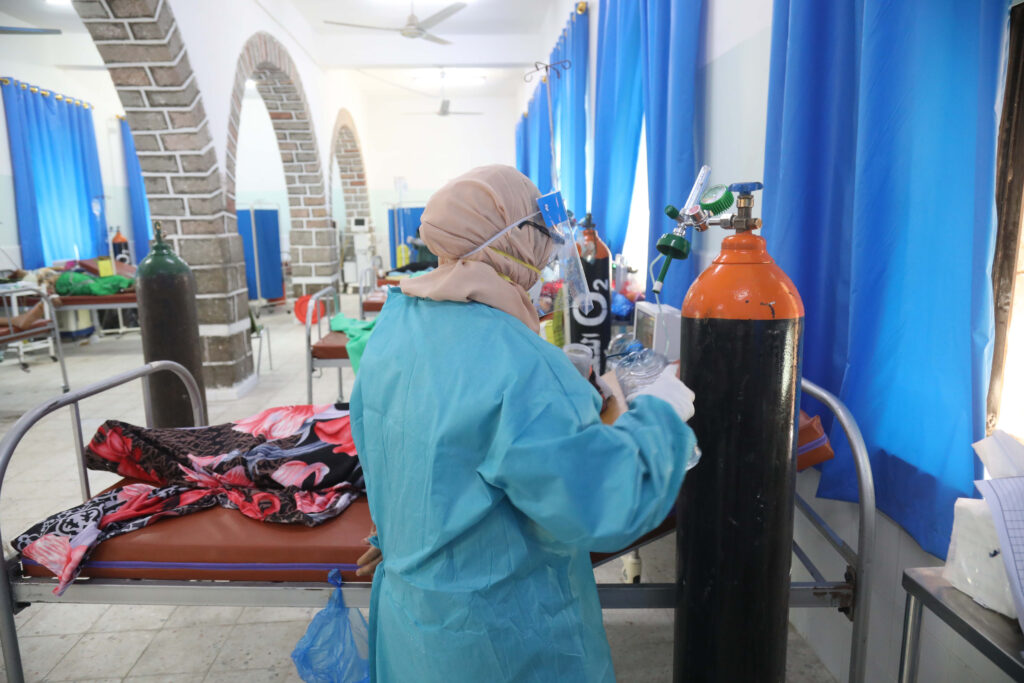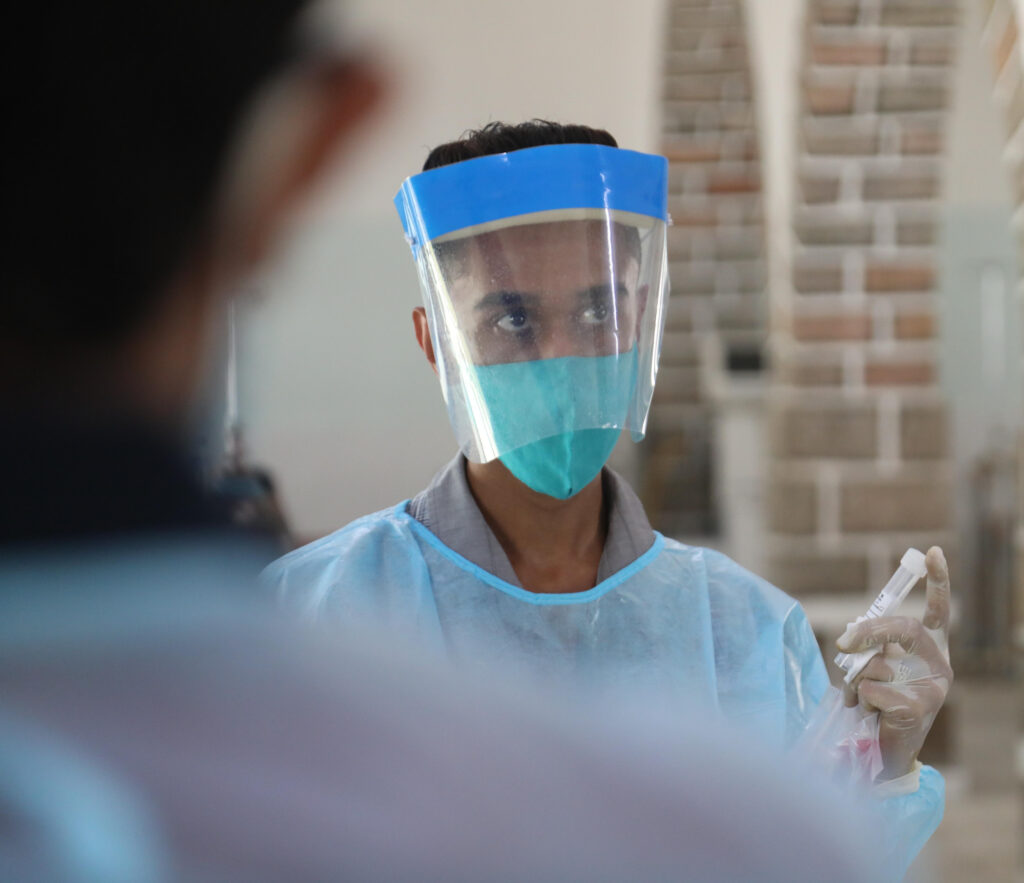Supporting Design of Frontline Implementers Network
The Inter-Agency Working Group (IAWG) on Reproductive Health in Crises is a broad-based coalition committed to advancing the sexual and reproductive health and rights of people affected by conflict and natural disaster. Its network includes more than 2,500 individual members from 450 agencies, including the United Nations, government, non-governmental, research, and donor organisations. In March 2020, the IAWG launched the COVID-19 Taskforce as a rapid response mechanism to source information and to co-create tools, programmatic modifications, and advocacy campaigns with implementers. Taskforce members quickly expressed interest in supporting frontline implementers and local actors who were playing a key role in ensuring the continuity of sexual and reproductive health services and programmes during the pandemic through adaptations and ingenuity.
Scope supported the IAWG in organising a series of webinars to allow these frontline implementers to exchange information about COVID-19 adaptations, share common challenges, and gather requests for support. In response to needs expressed during the webinars, Scope then worked with the IAWG to conduct a rapid human-centred design (HCD)-led research project to help design the Frontline Implementers Support Network as a community of practice for implementers of sexual and reproductive health programmes in humanitarian crises.
The HCD-led research had three goals:
- Identify how frontline implementers currently communicate, what they would like to communicate about, and their visions for how a network would support them.
- Understand and map IAWG experience with and aspirations for engaging with frontline implementers.
- Identify a set of potential ideas for the network to co-create and test in the next phase.
The research approach was designed to reach a wide representation of frontline implementers around the globe, applying digital tools to enable rapid and remote engagement. This included Whatsapp chat groups and key informant interviews via conference calls with participants from countries such as Yemen, Bangladesh, Niger, and Chad. To synthesise and analyse the findings, the team employed HCD-methods such as Affinity Mapping, Needs Area Mapping, and Opportunity Area Mapping to organise and derive meaning from the qualitative data collected.
Project Outcomes
The HCD-led synthesis and analysis of findings identified six key opportunity areas for IAWG to consider in further building the Frontline Implementers Support Network and supporting its ability to respond and adapt to crises:
- Building a seamless online and offline network to create a reliable and equitable experience.
- Bringing members together to exchange ways of coping with both professional and emotional challenges of humanitarian work.
- Helping frontline implementers to create an information validation system.
- Supporting a member-led network to foster organic learning and sharing directed by members.
- Collecting and utilising data to amplify and lobby for the collective needs of frontline implementers and those with whom they work.
Read more: Building a Support Network for Frontline Implementers working on SRH in Humanitarian Crises – A Design Research Study (PDF, 6.7MB)

